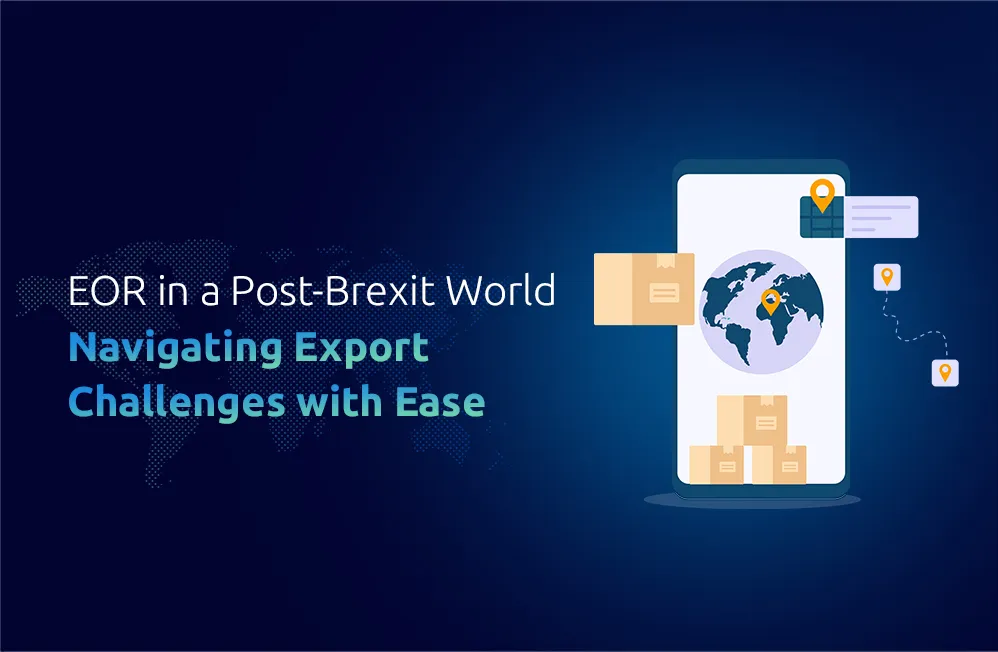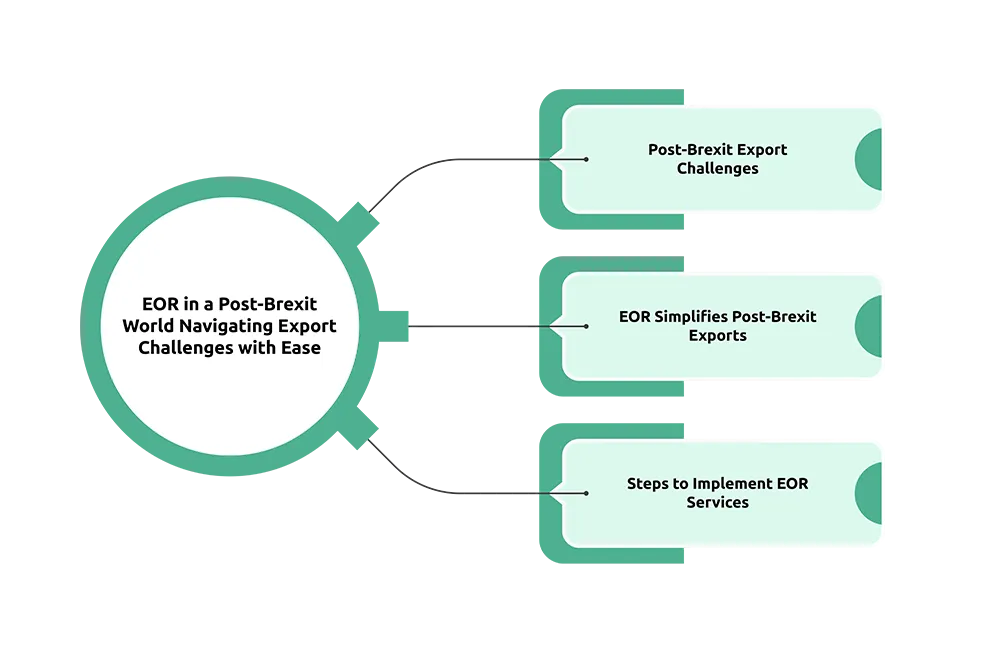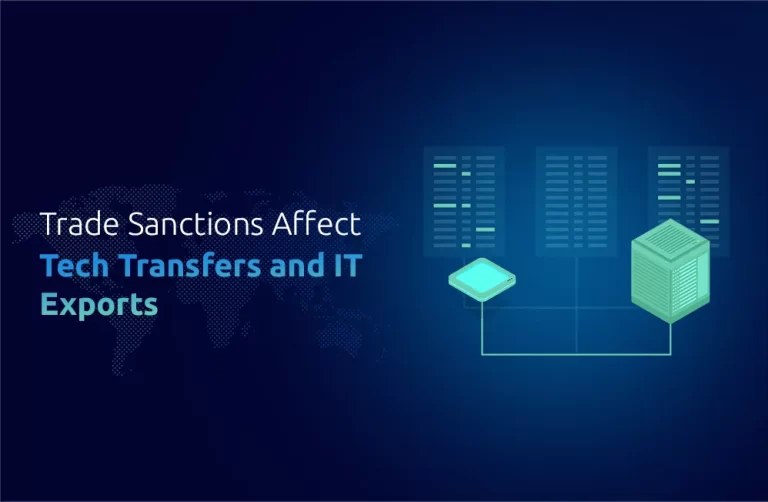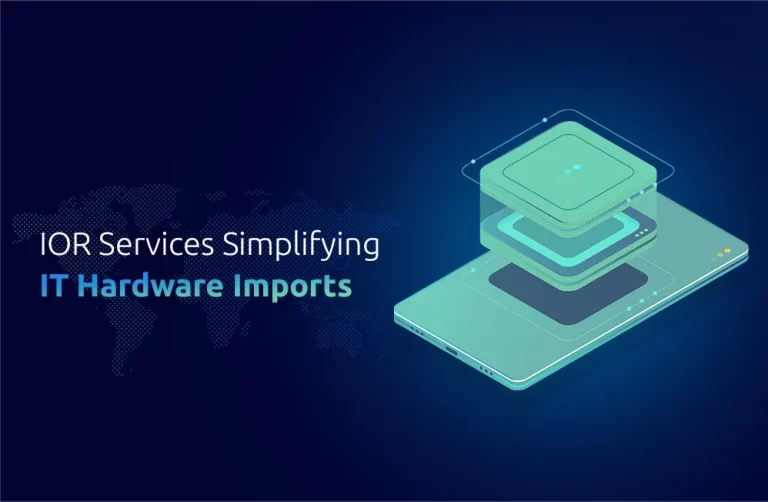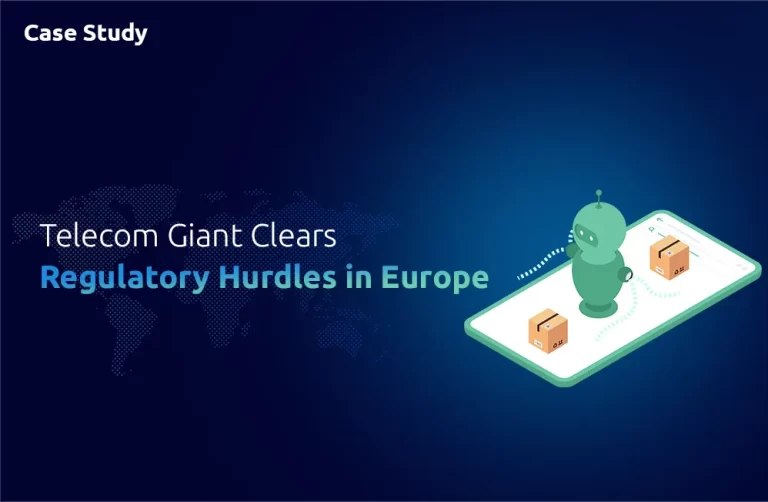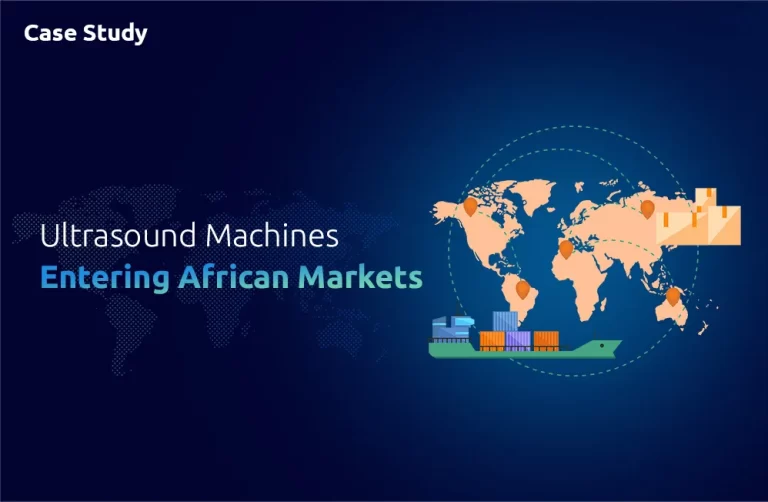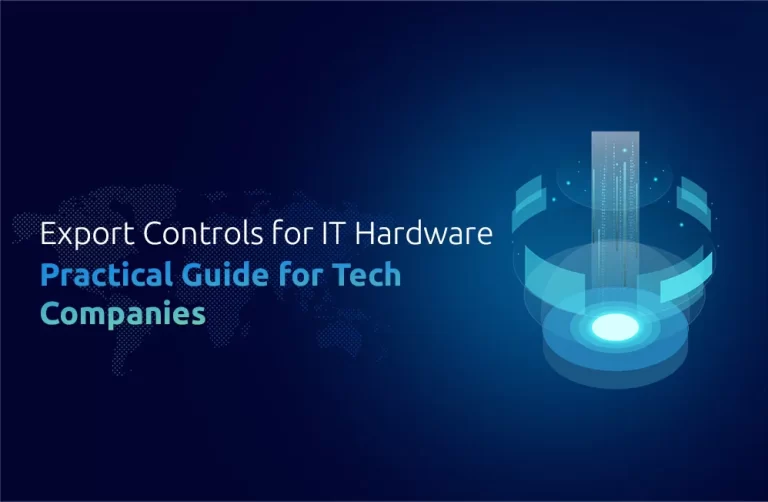Walk Through Export Challenges Effortlessly
Brexit has unquestionably altered the international trading landscape. EOR practitioners must navigate post-Brexit challenges with care to remain compliant. Companies operating in industries such as aviation equipment, automobile equipment, IT/data centre equipment, and healthcare equipment now face the dual challenge of adapting to new export regulations while staying operationally efficient. A solution that has emerged as an invaluable asset in today’s complex global landscape is Exporter of Record (EOR) services. Here, we’ll examine their role in simplifying post-Brexit export processes, identify challenges companies may encounter when working with EOR providers, and how partnering with an effective EOR provider can boost international trade operations for your business.
Understanding EOR: What Is an Exporter of Record?
An Exporter of Record (EOR) is an entity that takes responsibility for managing international export compliance and logistics. Industries such as aviation, automobile, IT/data centre, and healthcare equipment require strict compliance with both domestic and international trade regulations to remain promising. EORs serve as the official exporter in the eyes of government authorities, handling crucial tasks like filing export documentation, assuring compliance with export laws, managing tariffs and duties, expediting customs clearance processes, maintaining accurate records, as well as filing reports accurately with the government. They act as an intermediary between companies and government authorities to ensure smooth, legal transactions that comply fully with all regulations.
Impact of Brexit on Global Trade and Exporting
Brexit has had a profound effect on international trade, especially for UK-based businesses operating across industries like aviation and healthcare equipment that depend heavily on cross-border exports. One of the key changes post-Brexit has been the introduction of new trading rules; since leaving the EU’s single market and customs union, customs checks, documentation requirements, and import/export tariffs that were once absent have now become mandatory, adding layers of complexity for industries like automobile equipment manufacturing or IT/data centres that must now manage these regulatory hurdles as part of their international operations.
Businesses are still grappling with adapting to differing customs procedures, regulatory standards, and requirements between regions despite negotiations of the Trade and Cooperation Agreement (TCA). These changes have resulted in delayed shipments, higher costs, and an increase in trading complexity for industries like aviation and healthcare equipment, which rely heavily on seamless movement across borders. Their impacts have been particularly noticeable.
Companies need to reevaluate their export strategies in light of post-Brexit changes, such as new border checks and paperwork requirements and fluctuating regulations that necessitate more frequent updates and monitoring. Complying with evolving regulations requires sophisticated strategies designed to stay compliant while minimizing delays – creating another layer of complexity to the post-Brexit export landscape.
EOR’s Contribution to Facilitating Post-Brexit Exports
Under Brexit’s trading environment, an EOR has taken on even greater significance as an effective means to streamline export processes. EOR services help simplify export procedures by taking on responsibility for meeting both domestic and international laws, including new regulations that have come into play after Brexit. Aviation, automobile, and healthcare equipment industries find managing paperwork, tariffs, and compliance requirements challenging. EOR services take on this burden for companies so they can focus on core operations instead of worrying about export regulations. Due to Brexit’s new trade and customs rules, there is now a greater risk of noncompliance when conducting export transactions. An EOR can assist businesses by overseeing compliance for them on behalf of the business – thus decreasing fines or delays while improving overall export efficiency.
Navigating Tariffs and Customs Regulations with EOR Service
Navigating tariffs and customs regulations post-Brexit can be particularly complex, particularly for businesses operating within sectors like IT/data centers and healthcare equipment that involve managing multiple goods at once. An Exporter of Record (EOR) plays an essential role by handling customs clearance procedures and ensuring exports comply with all legal requirements in both the UK and their destination country. Industry sectors, like automobile equipment, where parts may be subject to different tariffs, require this support for efficient international transactions. EOR services help businesses develop effective tariff management strategies by optimizing classification, calculating accurate duty calculations, and identifying any exemptions or reductions offered under new trade agreements – ultimately decreasing export costs and shortening delivery delays.
Selecting an EOR Partner That Will Meet Your Business Needs
Selecting an Exporter of Record (EOR) provider that can assist your business is vital to its success in post-Brexit trade environments. When making this choice, several key considerations should be kept in mind. Industry experience is critical; make sure your provider specializes in your specific fields, such as aviation, automobile equipment, IT/data centres, or healthcare equipment. Each industry has a different set of export regulations, certifications, and compliance requirements that must be met, making sector-specific knowledge an absolute necessity. Reputation and reliability are equally vital; look for service providers with proven expertise in international trade and compliance. Reviews, case studies and testimonials from businesses within your industry can provide invaluable information when selecting an EOR partner. A reliable EOR should offer comprehensive services spanning export documentation and compliance through customs clearance and tariff management. Cost efficiency also plays a key role: it is important to compare different EOR providers to ensure you’re getting good value from all their services provided throughout the export process.
Conclusion: Prepare to Face the Future of International Trade With Confidence by Leveraging EOR Solutions
As Brexit continues to shape international trade, businesses in aviation, automobile, IT/data centres, and healthcare equipment must remain agile and compliant. Relying on EOR services offers a practical solution for navigating post-Brexit regulations, tariffs, and customs clearance complexities. By working with an EOR provider like One Union Solutions, your company can streamline the export process, ensure compliance, and remain competitive in an ever-evolving global market.
Did You Know?
According to a report by the UK government, trade with the EU dropped 14% during its first year after Brexit, particularly for industries like aerospace and automotive. Businesses using EOR services experienced an average 12% reduction in operational delays as well as a 10% lowered export costs as a result.
FAQs
- What Does an Exporter of Record Do?
Ans: An EOR is responsible for assuring that all exports comply with all legal requirements, such as documentation, tariffs and customs clearance.
- How will Brexit impact exports?
Ans: Brexit introduced new customs checks, paperwork and tariffs, which impeded export operations between the UK and EU, creating challenges for businesses.
- Can an EOR help reduce export costs?
Ans: Absolutely; EOR services help manage tariffs, optimize duty classifications, and streamline compliance processes to help significantly minimize export costs.
- Which industries benefit from EOR services?
Ans: Industries such as aviation equipment, automobile parts, IT/data centres and healthcare devices typically benefit most from EOR services, especially post-Brexit.
- How can I select an EOR partner?
Ans: When selecting an EOR provider for your business, keep several factors in mind, such as industry expertise, reputation, service range and cost efficiency.

